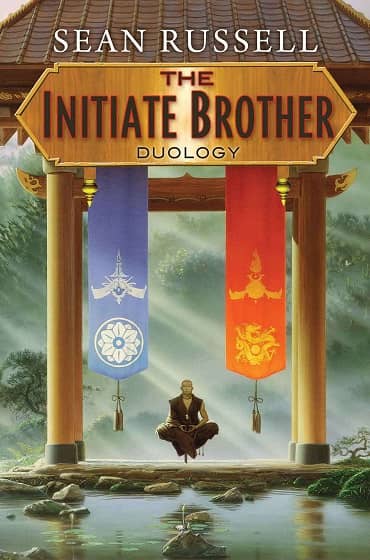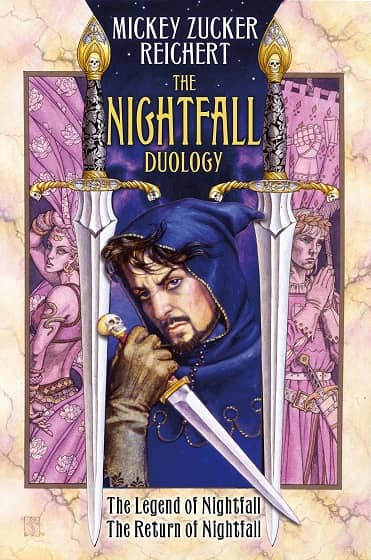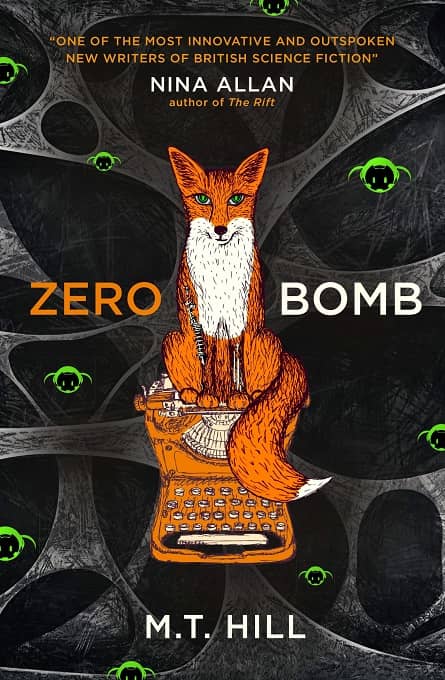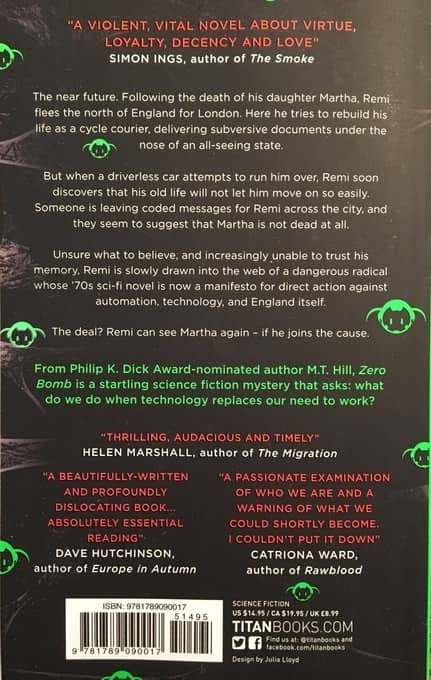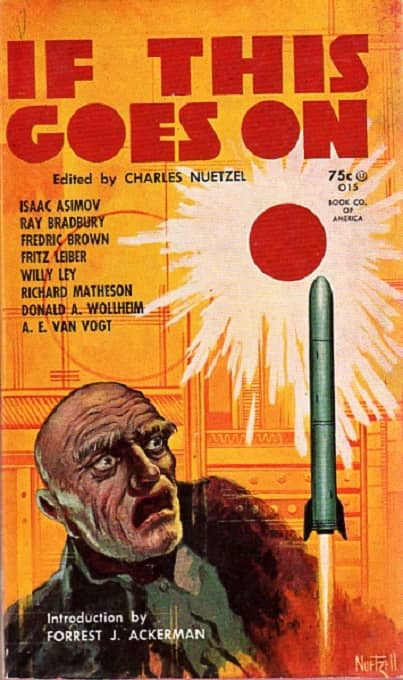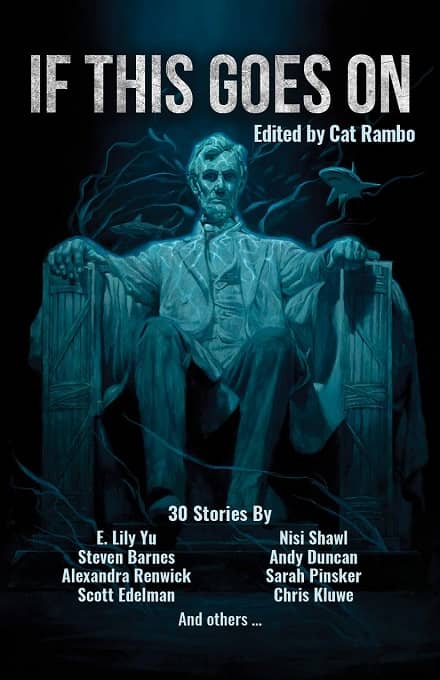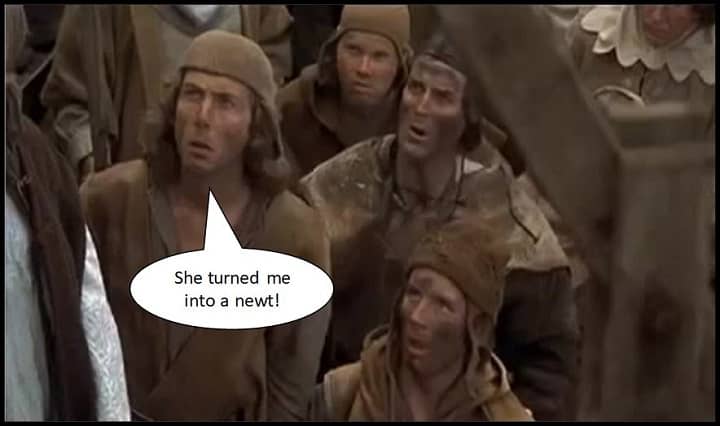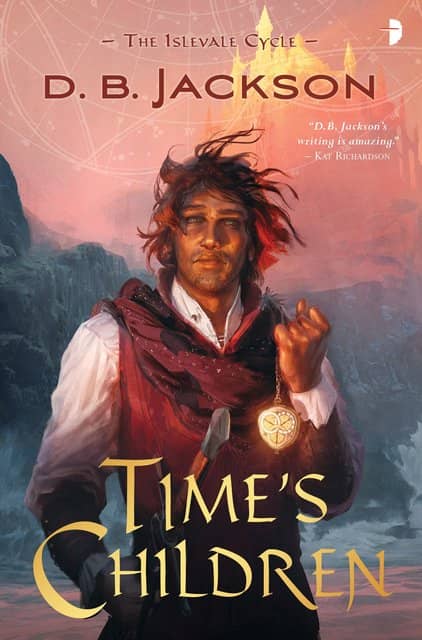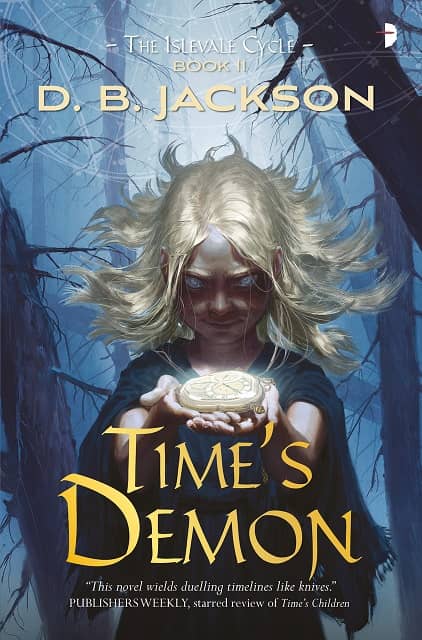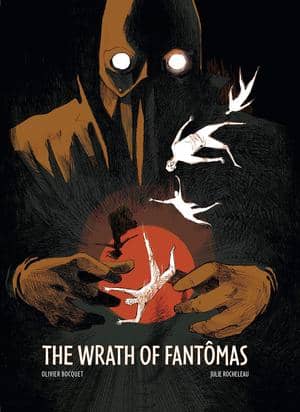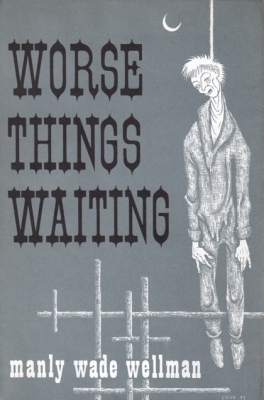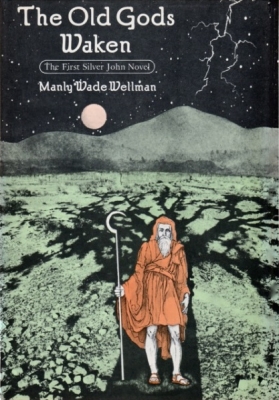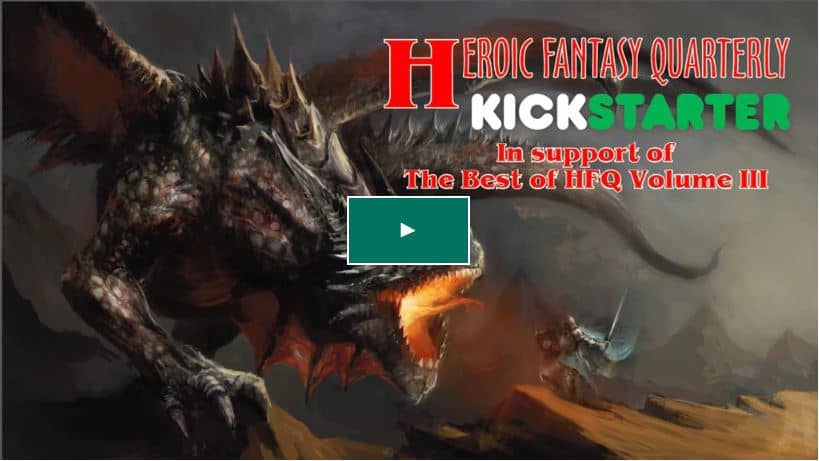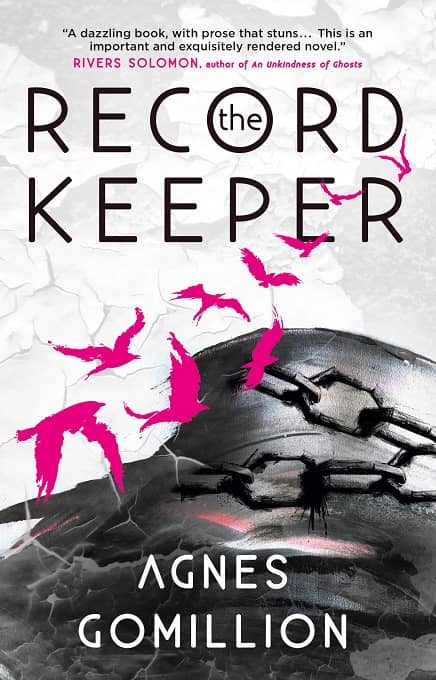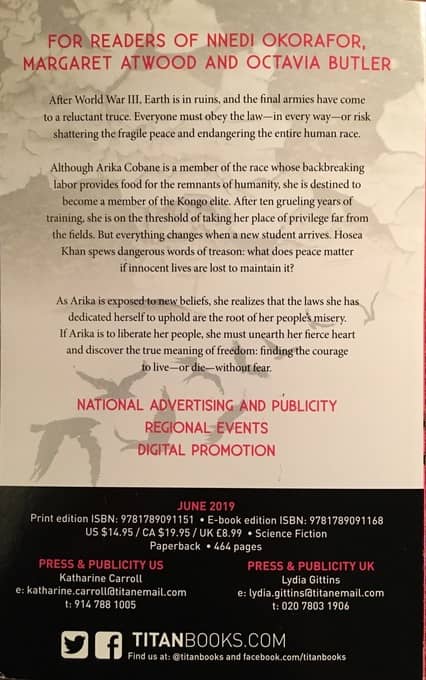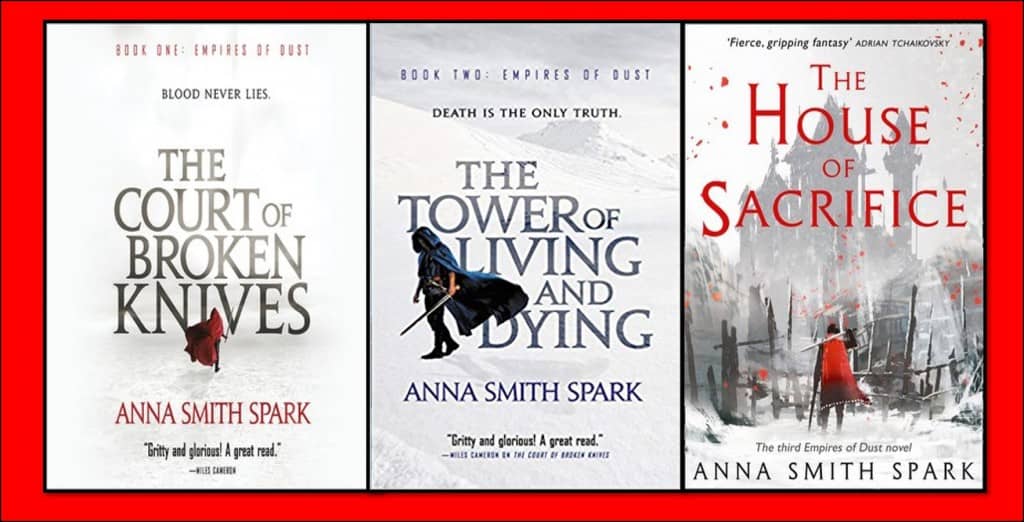Art by Albert Nuetzell and Bernard Lee
If This Goes On seems like the perfect title for a science fiction anthology; I’m surprised it hasn’t been used more often. It was first used by Robert A. Heinlein for his 1940 famous novella, which became a key part of his massive science fiction Future History. The story won a Retro Hugo in 2016, but was renamed Revolt in 2100 for its publication as a novel in 1953. Charles Nuetzel co-opted the title 25 years after Heinlein used it for his first (and only) anthology, published in paperback in 1965, reprinting stories by Fredric Brown, Richard Matheson, A. E. van Vogt, Isaac Asimov, Fritz Leiber, Forrest J. Ackerman, and others (above left).
My recent interest springs, of course, from Cat Rambo’s brand new anthology If This Goes On (above right), funded by a June 2018 $12,000 Kickstarter campaign and published in trade paperback by our friends at Parvus Press in March. It contains 30 brand new SF tales by some of the most exciting writers in the field today, including Andy Duncan, Nisi Shawl, Sarah Pinsker, Scott Edelman, Beth Dawkins, and many more. Subtitled The Science Fiction Future of Today’s Politics, this ambitious anthology looks at what today’s politics and policies will do to shape our world a generation from now. Tales within include:
- “Green Glass: A Love Story” by Lily Yu, Hugo and World Fantasy Award nominee, and winner of the 2012 John W. Campbell Award for Best New Writer, filters the future of now through a wholly relatable lens: relationships and marriage.
- Hugo-winning editor Scott Edelman’s “The Stranded Time Traveler Embraces the Inevitable” expertly employs an age-old science fiction convention to tell a deeply human tale of love, loss, and desperate hope.
- Streaming our everyday lives has become commonplace, but in “Making Happy” Zandra Renwick examines a very uncommon consequence of broadcasting your every experience.
- Former Minnesota Viking and noted equal rights advocate Chris Kluwe’s “The Machine” deals with one of the most important and hotly contested questions of the day: what truly defines citizenship and American identity?
- Nebula winner Sarah Pinsker’s “That Our Flag Was Still There” uses possibly the most powerful symbol in American iconography to create a frightening and darkly illuminating vision of freedom of speech.
- NAACP Image Award winner for Outstanding Literary Work Steven Barnes offers up the consequences of integrating technology and surveillance into our daily lives with his detective story “The Last Adventure of Jack Laff: The Dayveil Gambit”
Here’s the complete Table of Contents.
…
Read More Read More
